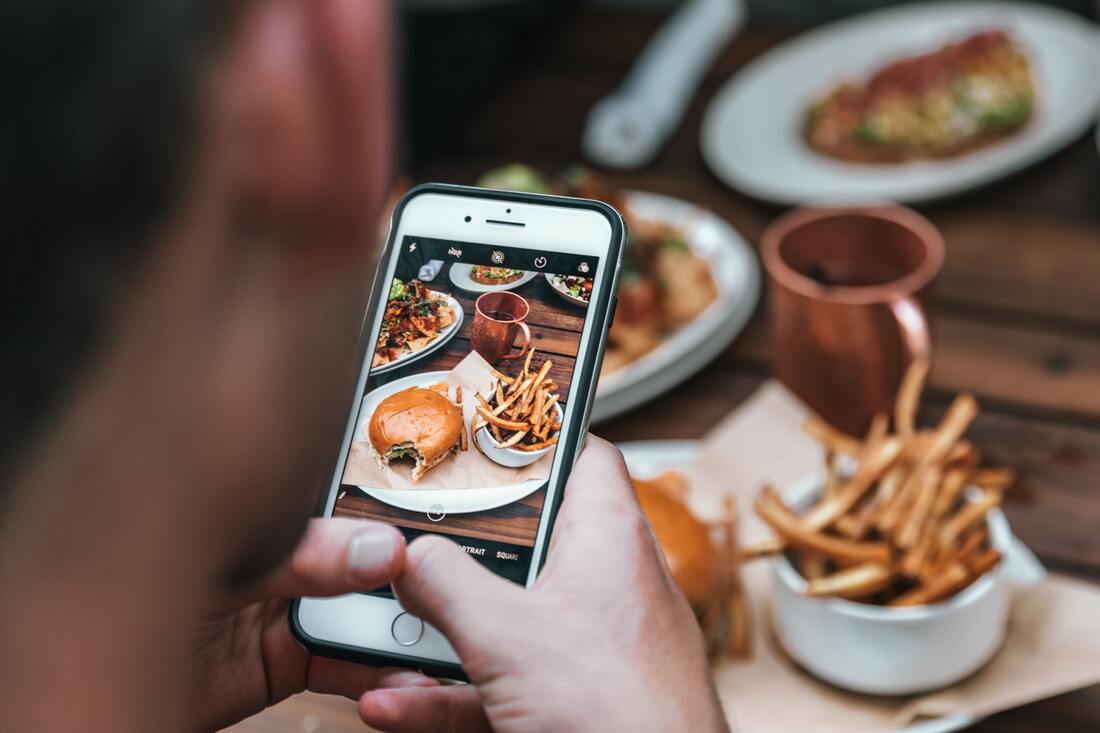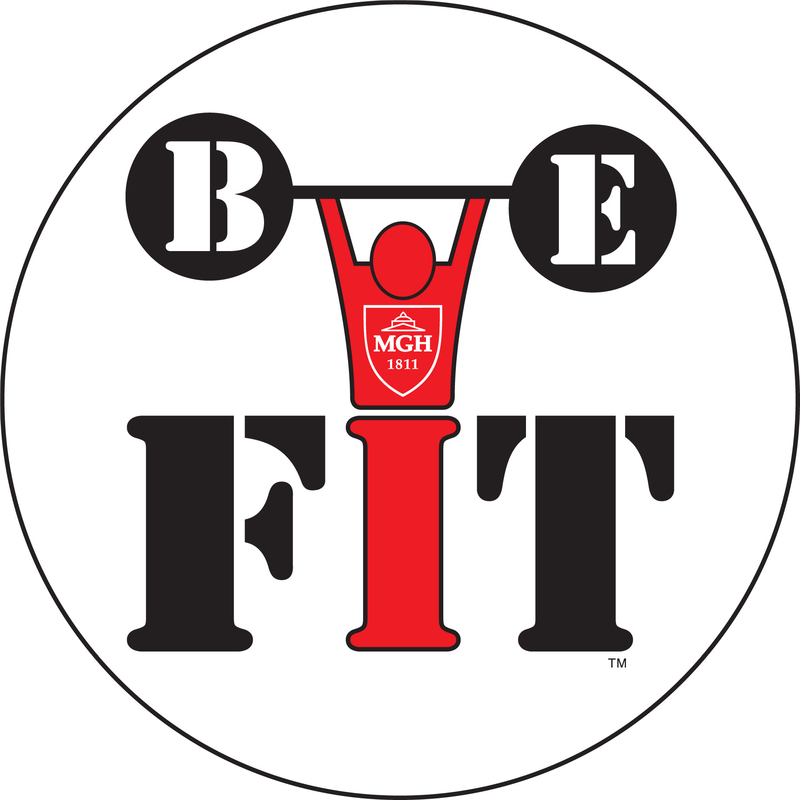|
There is pretty much an app for everything now. With booming research relating diet to health outcomes, nutrition-focused apps promise users a more detailed sense of their health through self-monitoring.
We know that nutrition is not one-size-fits-all. Diet recommendations should always be individualized. It’s important to understand that nutrition apps work similarly. What might be a great tool for one person may not be helpful to another. The good news is there are a variety of options available. Some guide users in tracking macro– and micronutrients while others prompt users to track emotions related to food choices instead of calories. There are even apps specific to conditions such as eating disorders, diabetes, or pregnancy. For data-driven, nutrient-focused folks: try Cronometer For those seeking understanding around emotional eating patterns: try Am I Hungry? For visual learners, curious about mindful eating without calorie emphasis: try Ate Food Journal For those interested in support for disordered eating: try Rise Up and Recover (recommended as an adjunct to professional treatment) Research indicates that while most nutrition apps can provide the user with data, they may lack the education and individualized considerations needed to promote true understanding and long-term improvement. If you’re interested in trying an app, it’s helpful to work with a dietitian (RD). The combination of an RD’s education and the app’s consistency is likely to be more beneficial than using an app alone. Interested in meeting with an RD? Call the MGH outpatient nutrition department at 617-726-2779 to learn more. REFERENCES: Brown J, Franco-Arellano B, Froome H, Siddiqi A, Mahmood A, Arcand J. The Content, Quality, and Behavior Change Techniques in Nutrition-Themed Mobile Apps for Children in Canada: App Review and Evaluation Study. JMIR Mhealth Uhealth. 2022;10(2):e31537. Choi J, Chung C, Woo H. Diet-Related Mobile Apps to Promote Healthy Eating and Proper Nutrition: A Content Analysis and Quality Assessment. Int J Environ Res Public Health. 2021;18(7):3496. König L, Attig C, Franke T, Renner B. Barriers to and Facilitators for Using Nutrition Apps: Systematic Review and Conceptual Framework. JMIR Mhealth Uhealth. 2021;9(6):e20037. U.S. Department of Agriculture. American Adults are Choosing Healthier Foods, Consuming Healthier Diets. Published 2014. Accessed April 24, 2022. van Dijk M, Koster M, Oostingh E, Willemsen S, Steegers E, Steegers-Theunissen R. A Mobile App Lifestyle Intervention to Improve Healthy Nutrition in Women Before and During Early Pregnancy: Single-Center Randomized Controlled Trial. J Med Internet Res. 2020;22(5):e15773. Więckowska-Rusek K, Danel J, Deja G. The Usefulness of the Nutrition Apps in Self-control of Diabetes Mellitus – The Review of Literature and Own Experience. Pediatric Endocrinology Diabetes and Metabolism. 2022;28(1):75-80. By Tara Greenwood, MGH Dietetic Intern
0 Comments
Your comment will be posted after it is approved.
Leave a Reply. |
TOPICS
All
Archives
December 2023
|


 RSS Feed
RSS Feed